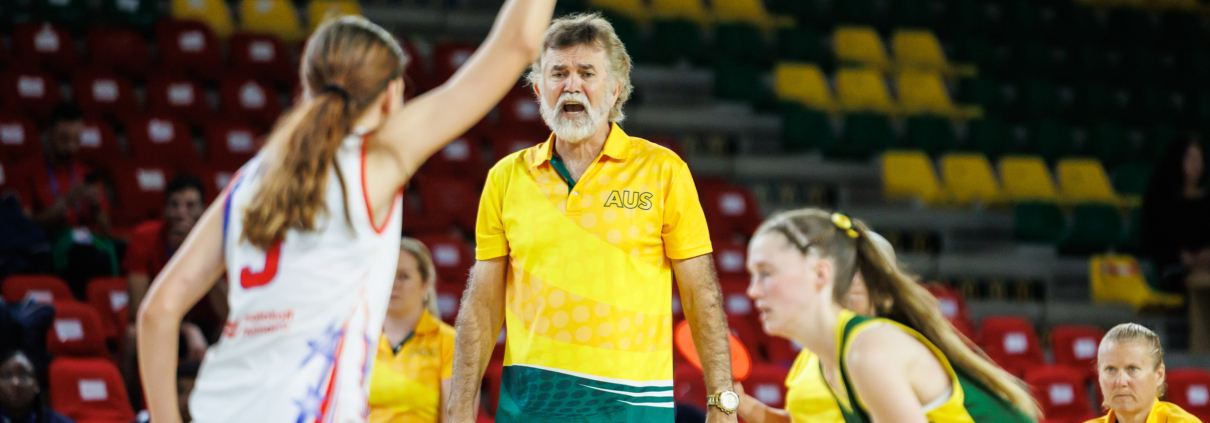New Study Sheds Light on Coaching Practices for Individuals with Intellectual Disabilities and Autism
A new study, ‘Coaching Individuals With Intellectual Disability and/or Autism: Perspectives of Coaches and Physical Education Teachers in Belgium’, has been published recently in Adapted Physical Activity Quarterly.
The research was carried out by six researchers, Dianne Kortekaas, Tine Van Damme en Debbie Van Biesen from KU Leuven, Belgium, Sean Healy from University of Limerick, Ireland, , Ingi Einarsson from Reykjavík University, Iceland, along with Jan Burns MBE, Virtus’ Head of Eligibility and Academic lead at Canterbury Christ Church University, Canterbury, Kent, GB
The study was conducted as a part of the EU-funded IDEAL 2.0 project: “Inclusive and equitable access to sport for people with intellectual disabilities and autism”.
The outcomes of this research have directly informed the development of two free online courses: Coaching Individuals with Intellectual Disability and/or Autism – Introductory Course and Coaching Elite Athletes with Intellectual Disability and/or Autism – Advanced Course.


The courses are now available on Virtus Academy.
“These courses aims to empower coaches and teachers with the practical tools and understanding needed to support individuals with intellectual disabilities and autism better”, said Debbie Van Biesen, Virtus Academy Manager, who was also one of the authors of the paper.
Using a qualitative research method,16 coaches and physical education teachers working across inclusive, integrated, and segregated sports settings were interviewed. The research was aimed at getting a better understanding of the real-world challenges and support needs faced by professionals in this essential and evolving field.
The findings from this study provided some vital insights into the day-to-day experiences of physical activity professionals when coaching or teaching individuals with intellectual disabilities (ID) and/or autism.
Key Highlights from the Study
- Coaching goes beyond sport
The study reveals that effective coaching for individuals with ID and/or autism demands much more than sport-specific instruction. Coaches often need to navigate behavioural, emotional, and communication challenges, requiring a broad and adaptive skill set.
- There’s a clear call for tailored coach education
Participants consistently highlighted the gaps in traditional coach education, calling for more hands-on experience, peer learning, and training that is specific to disability. These tailored approaches are essential for building confidence and competence in inclusive coaching environments.
- Inclusion is rewarding, but complex
While inclusive sports settings offer meaningful opportunities for social integration, they also present complexities. Coaches must adopt flexible, individualised approaches to accommodate a wide range of skills, behaviours, and group dynamics.
- Collaboration makes all the difference
Strong partnerships with parents, schools, and other professionals are key. Such collaboration ensures continuity, builds trust, and supports more effective coaching outcomes across all environments.
Moving towards inclusive and informed coaching
In a related study to be published soon, the research team explores similar themes—but this time with a focus on coaches working at the elite level, including those in settings such as Virtus and Paralympic sports.
This important work marks another step forward in advancing inclusive, informed, and compassionate coaching practices in sport and physical activity.
The full research article can be accessed from https://doi.org/10.1123/apaq.2024-0206
A copy of the paper is also available upon request – simply email Academy@virtus.sport



